The Digital Education to Limit Salt in the Home Program (DELISH) Improved Salt-Related Knowledge, Attitudes, and Behaviors in Parents
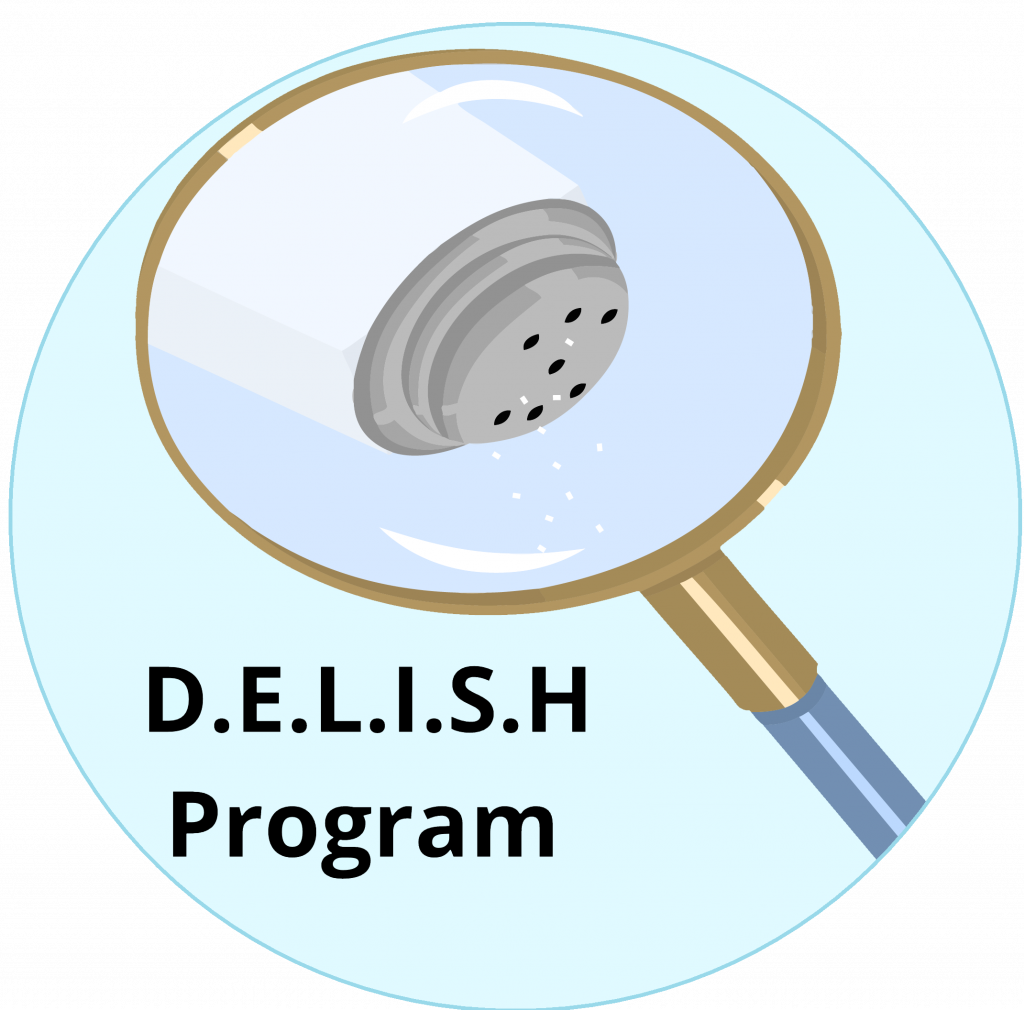
A study by Khokhar et al recently published in the Journal of Medical Internet Research highlights the potential use of web-based programs to improve salt-related knowledge, attitudes and behaviours (KAB). This pilot study investigated the effect of a 5-week web-based intervention, comprising online newsletters and text messages, and online KAB surveys, in parents and school-children. Significant […]
It’s time for ACTION on salt – World Salt Awareness Week (WSAW), 4-10th March
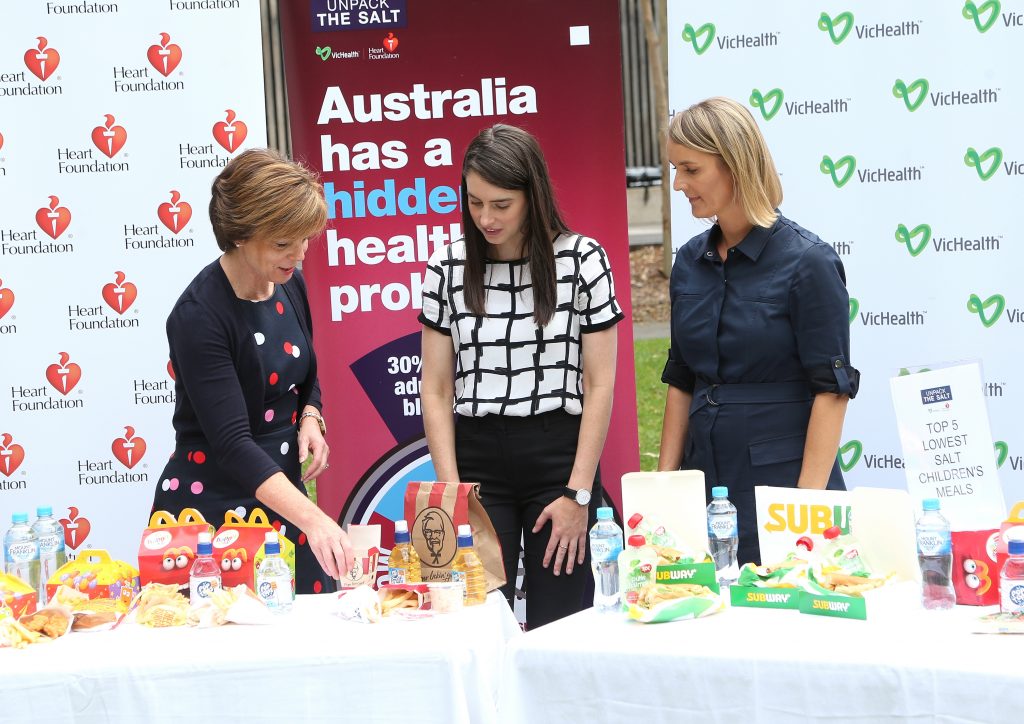
The theme set by World Action on Salt and Health (WASH) for 2019 WSAW was ACTION. This theme emphasised the need to act given the unacceptably high burden of unnecessary ill health and death due to high salt intakes. WASH and supporters called for action from governments, food industry, health charities and non-governmental organisations, and […]
Science of Salt: A focused review on salt-related knowledge, attitudes and behaviors, and gender differences

The aim of a review conducted by McKenzie et al was to examine the scope of studies published in the Science of Salt Weekly that contained a measure of self-reported knowledge, attitudes, and behavior (KAB) concerning salt. Specific objectives were to examine how KAB measures are used to evaluate salt reduction intervention studies, the questionnaires […]
Web based learning improves salt-smarts in children (Victoria, Australia)
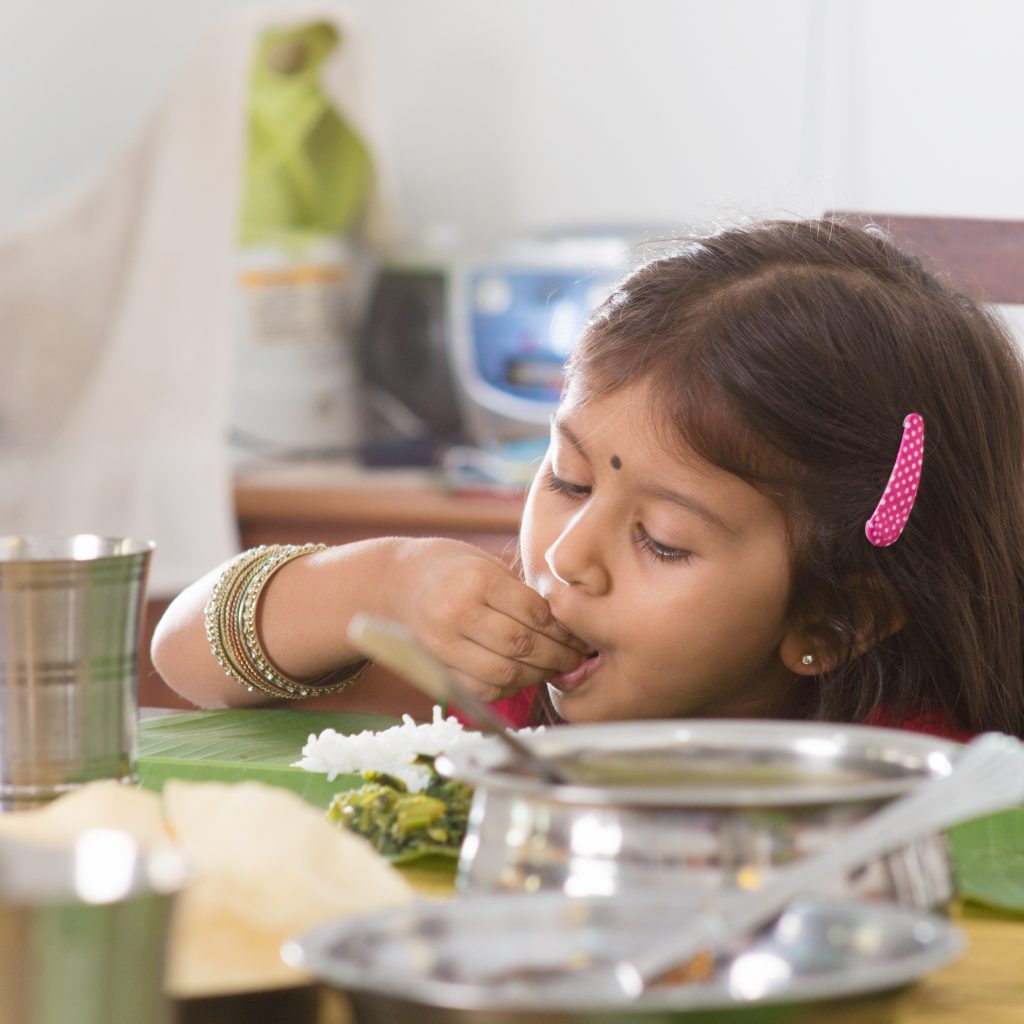
Grimes CA et al conducted a study investigating the efficacy of a digital education program on salt reduction in 83 children (mean age= 9yrs). The intervention included weekly interactive online sessions, conducted over 5-weeks. Surveys on knowledge, attitudes and behaviours (KABs) were conducted pre and post intervention with a 24-hr urine collection taken to estimate […]
Republic of Moldova: New research establishes baseline salt intake
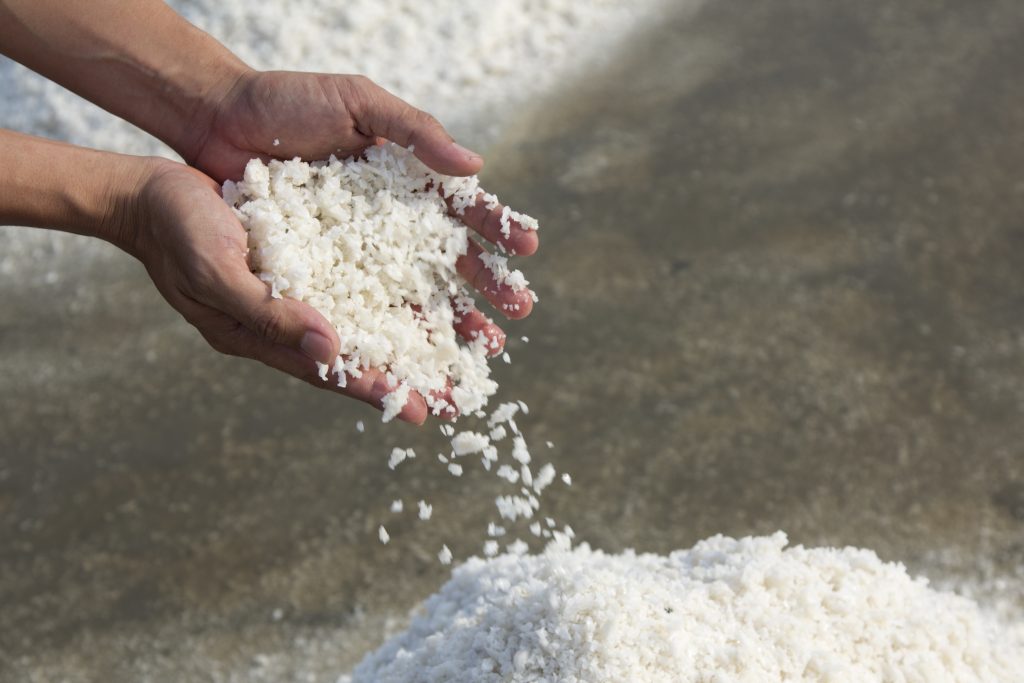
A study was conducted by the WHO in the Republic of Moldova in 2016, aiming to establish baseline levels of population intake of sodium, potassium and iodine, using 24-hour urine tests on a nationally representative sample (n=858; aged 18-69 years). The survey further assessed knowledge, attitudes, practices and behaviours related to salt consumption. Average daily […]
Evaluation of Samoa’s National Salt Strategy: What interventions can be successfully replicated in lower-income countries?
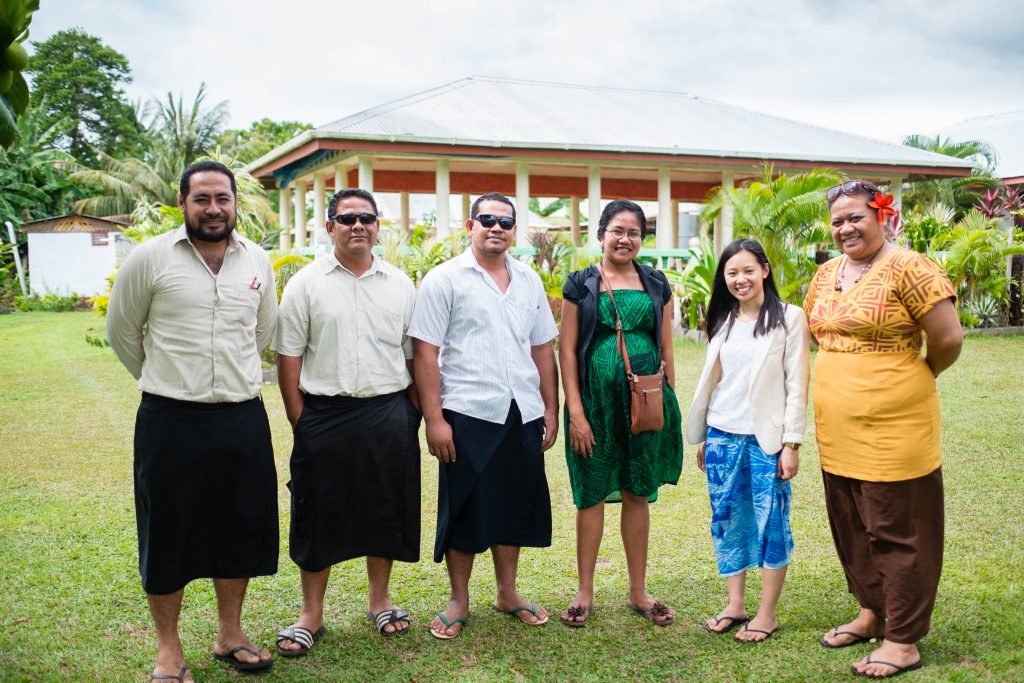
Trieu K et al conducted a process evaluation of a national salt reduction strategy implemented in Samoa, investigating the reach, dose/adoption, fidelity, cost and context of implemented programs over the course of 18 months. The strategy consisted of awareness campaigns, community mobilization and policy and environmental changes. Data for the process evaluation was routinely collected […]
World Hypertension Day Promotion and Events

World Hypertension Day was on the 17th of May. A sample of promotion and events that took place are: Australia: “Because I Say So” video campaign For World Hypertension Day, The George Institute for Global Health, High Blood Pressure Research Council of Australia and the International Society of Hypertension have released a campaign video, […]
Salt-related knowledge attitudes and behaviours: does gender have an influence?
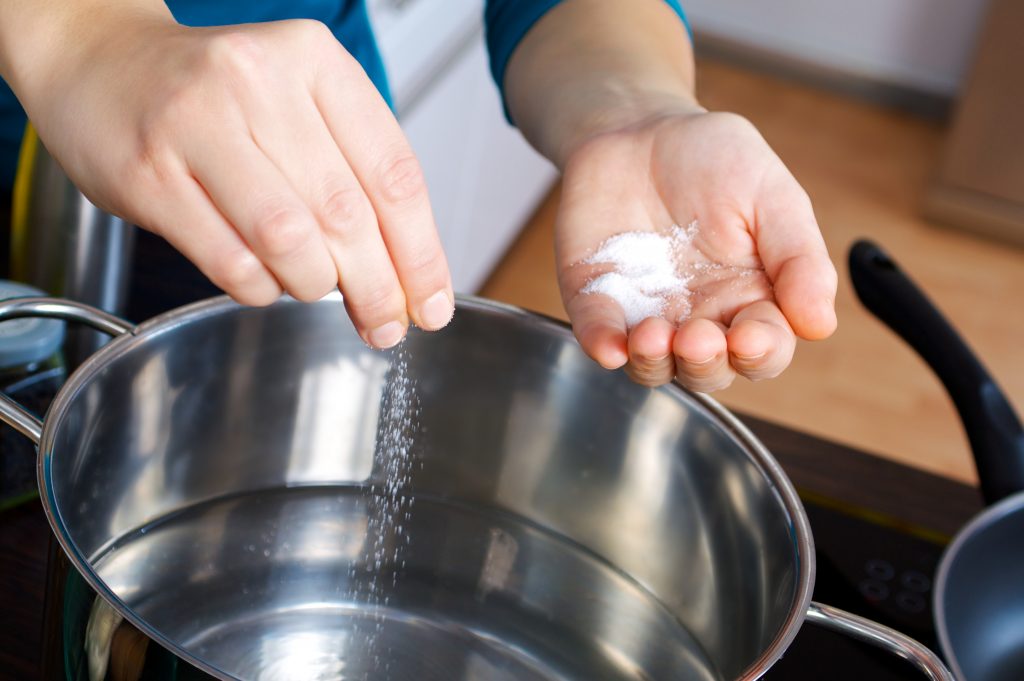
As part of the Science of Salt series, McKenzie B et al have published a thematic review focusing on salt related knowledge, attitudes and behaviours (KAB) in the Journal of Clinical Hypertension. Studies included in the Science of Salt Weekly were assessed from its commencement, June 2013, till August 2017. A range of KAB questionnaires […]
Know your numbers – World Hypertension Day
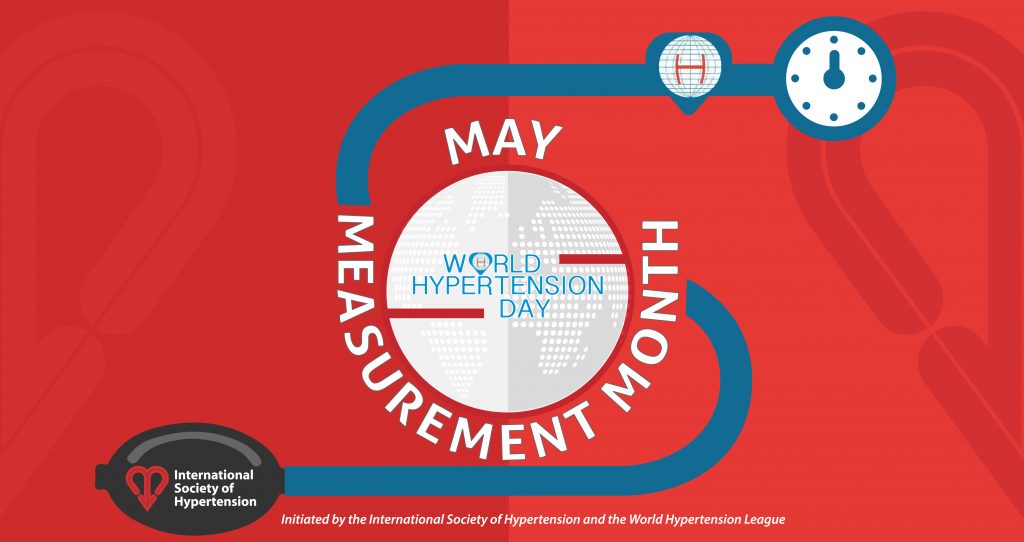
World Hypertension League is targeting hypertension awareness with World Hypertension Day on the 17th of May. The theme of Know Your Numbers is aiming to increase awareness of high blood pressure. This campaign ties in with May Measurement Month, through the International Society of Hypertension, and is a global synchronised screening campaign setting up free […]
Behaviour change interventions to reduce population salt intake
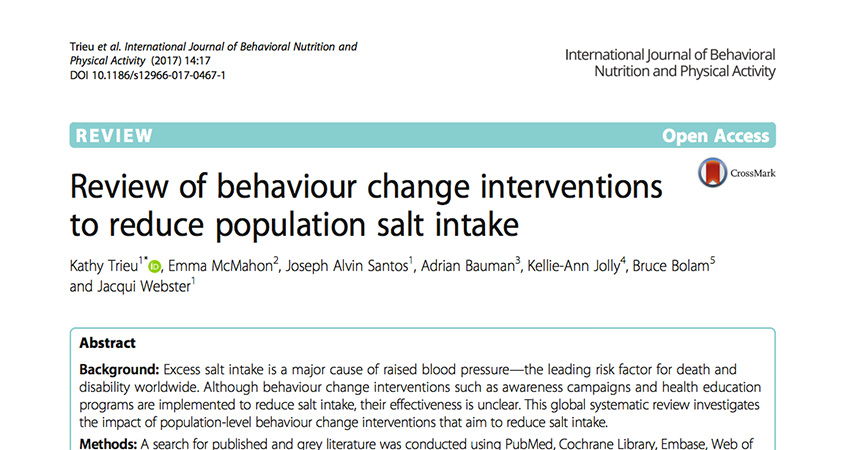
Trieu et al at the George Institute for Global Health conducted a systematic review to evaluate the effectiveness of population-level behaviour change interventions to reduce salt intake, published in the International Journal of Behavioral Nutrition and Physical Activity in February 2017. The review found that 19 of 22 studies reported that health education or awareness […]